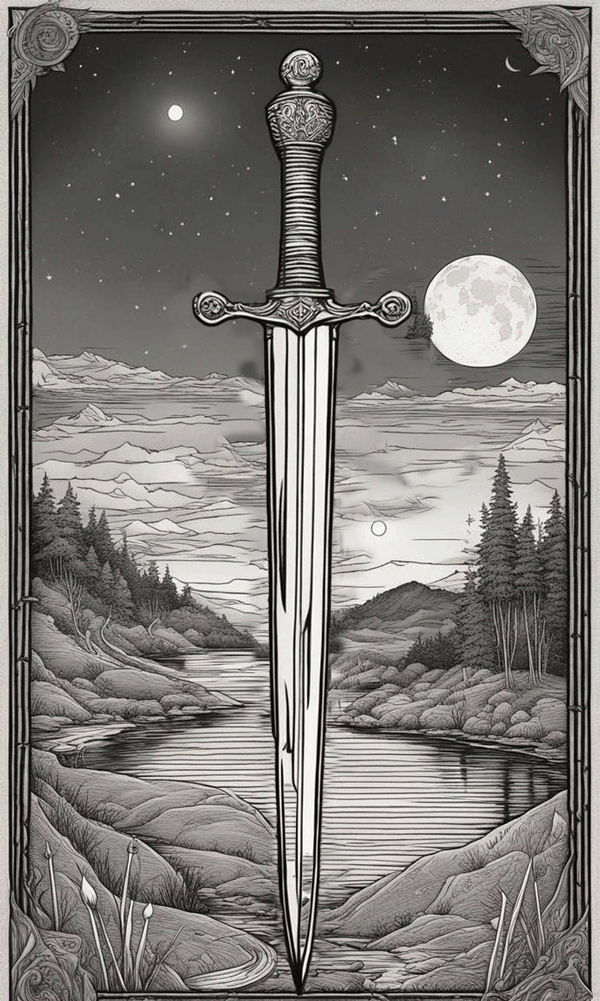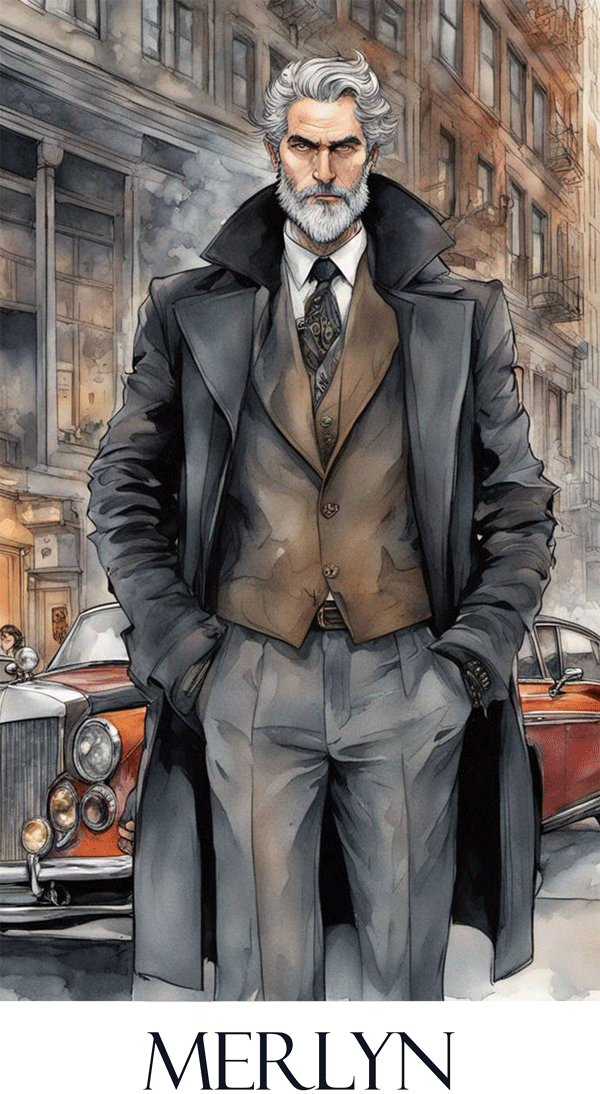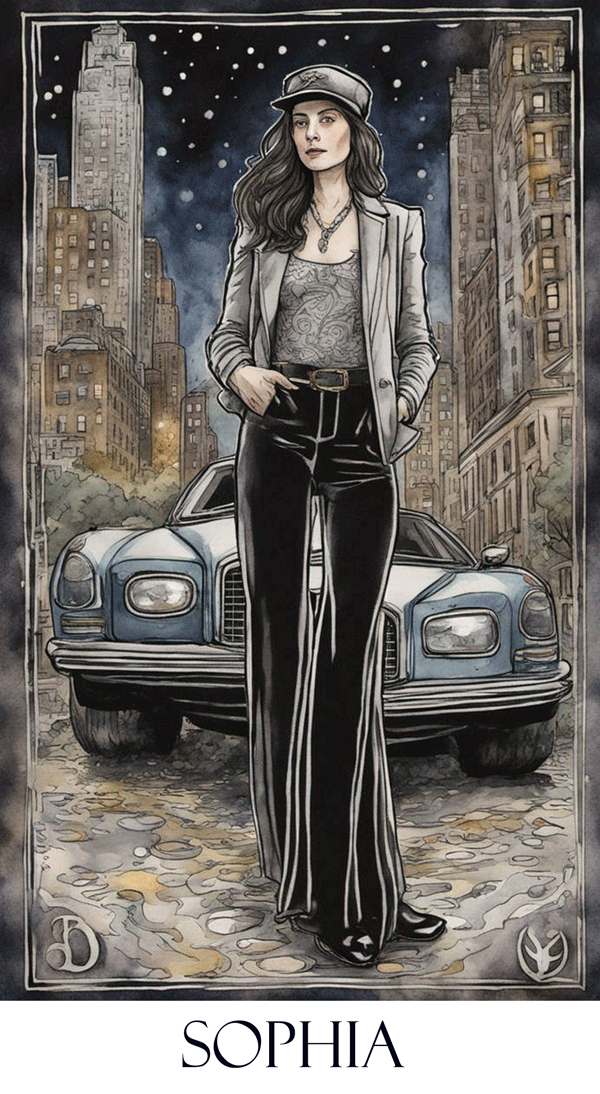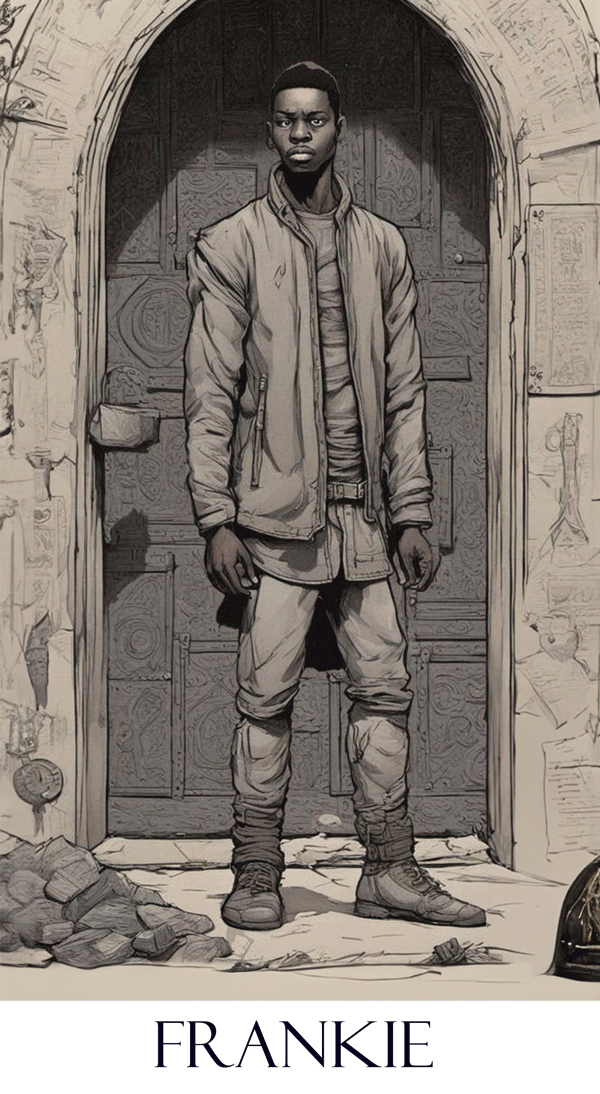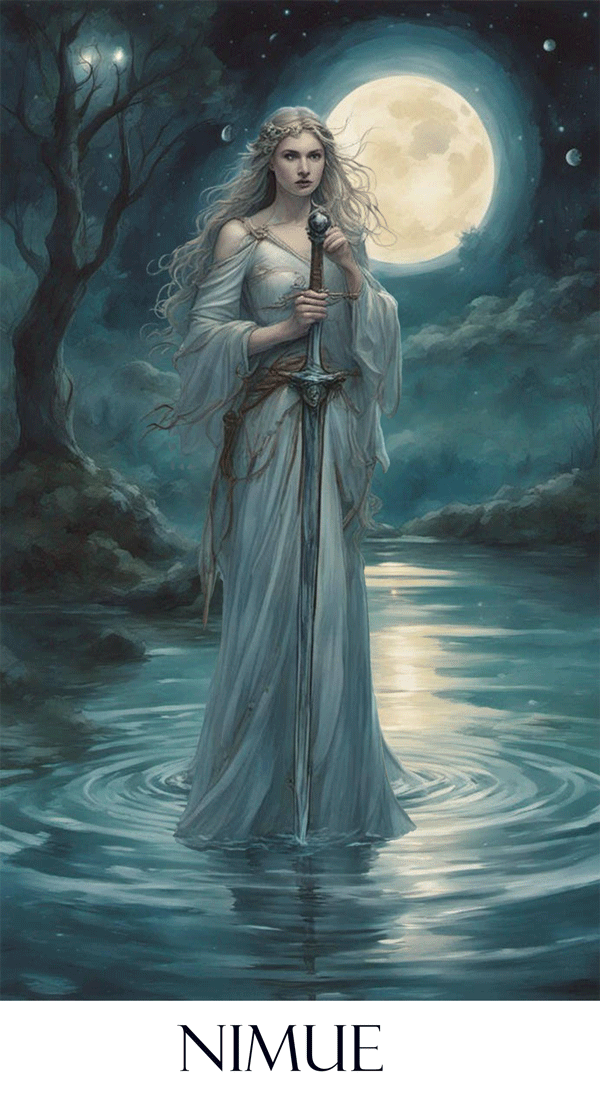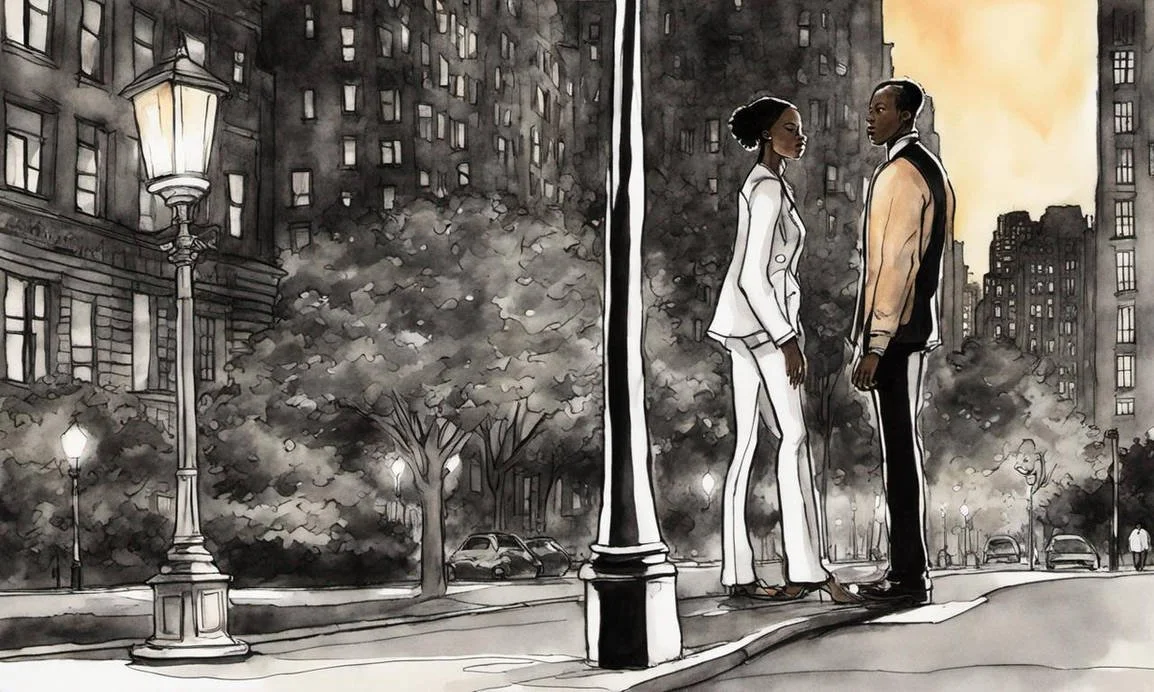The voice of the piece is terrific. It’s strong and clear. SOFIA’s mix of love and exasperation with MERLYN works well. The sensory details are rendered well, enough to create the world of the piece, with sights and sounds and smells, but not so much that it’s overwrought.
Seeing MERLYN at first through Sofia’s perspective, where she’s so worried he’ll unravel, and then seeing him, in the next chapter, through VIVICA’s eyes, where he’s something strange and wonderous is a terrfic juxtaposition. The way both women call him out on mansplaining is both funny and on point, and his acknowledgement and apology, in each case, reveals a lot about him.
The character building and development is strong. They are defined by actions, words, gestures. They talk about things that matter, and in ways that make sense even when they don’t. Information is actively integrated into dramatized scenes, which works for both the prose aspect, and makes it a good candidate for adaptation to screen. Sofia, Vivica, Merlyn, FRANKIE are all very much themselves, while still being touchstones to archetypes. It’s a wonderful way to root something in the familiar, hit the expected genre/archetype points, and then turn it inside out into something even more interesting and unique.
The dialogue is strong. It works on multiple levels, for the current story, and for the audience’s previous orientation into their ideas on MERLYN. The cadences are clear and distinct. The dialogue works well to drive plot and reveal character. It reveals enticing pieces of backstory without going into info dump.
The twist on the sword and the stone with the knife in the newel post is clever. The use of masking and acknowledgement of the pandemic is some of the best that’s been done since the pandemic began. The way Viveca tells Merlyn about “The Weirdness” in the diner is terrfic, as is how she’s learning, in real time, in front of Merlyn, Frankie, and the audience. Frankie’s speech about knowing and pretending not to know is also terrfic.
Throughout it was dfficult to stop reading. There was a sense of wanting more, wanting to know what happened next, which is exactly what should happen.
There’s a lot of skill in [this pilot episode as well (Merlyn & Company), ] in terms of building the world, the characters, the dialogue, the situation. The sense of threat established early on, when Sofia and Merlyn are followed, and she has to use skill to navigate her way through what could have been a fatal crash, sets up the possibility of an as-yet-unknown antagonist. Not knowing who it is at this point works. There’s also a sense that, as much as Sofia loves Merlyn, she could turn into an antagonist, believing that she is saving him from himself. That also sets up a sense of anticipation.


